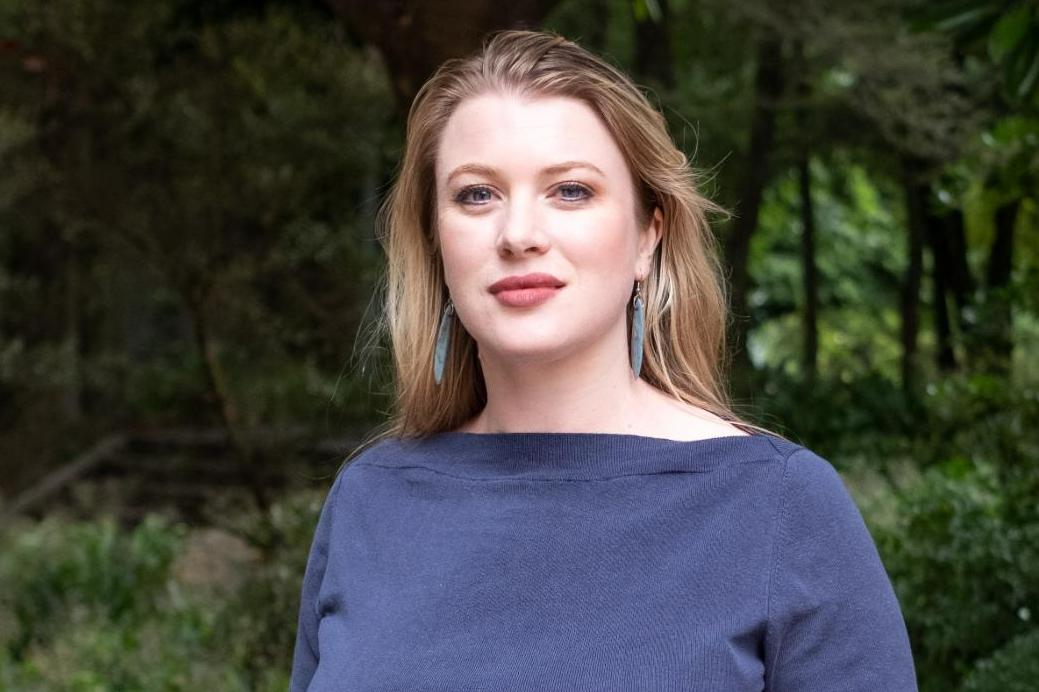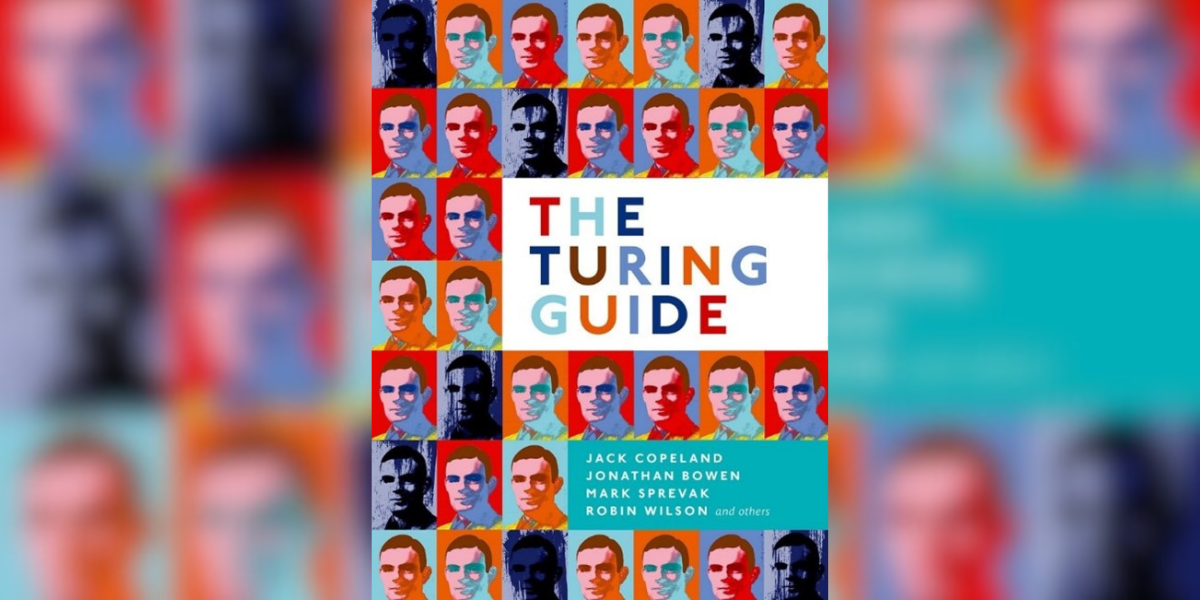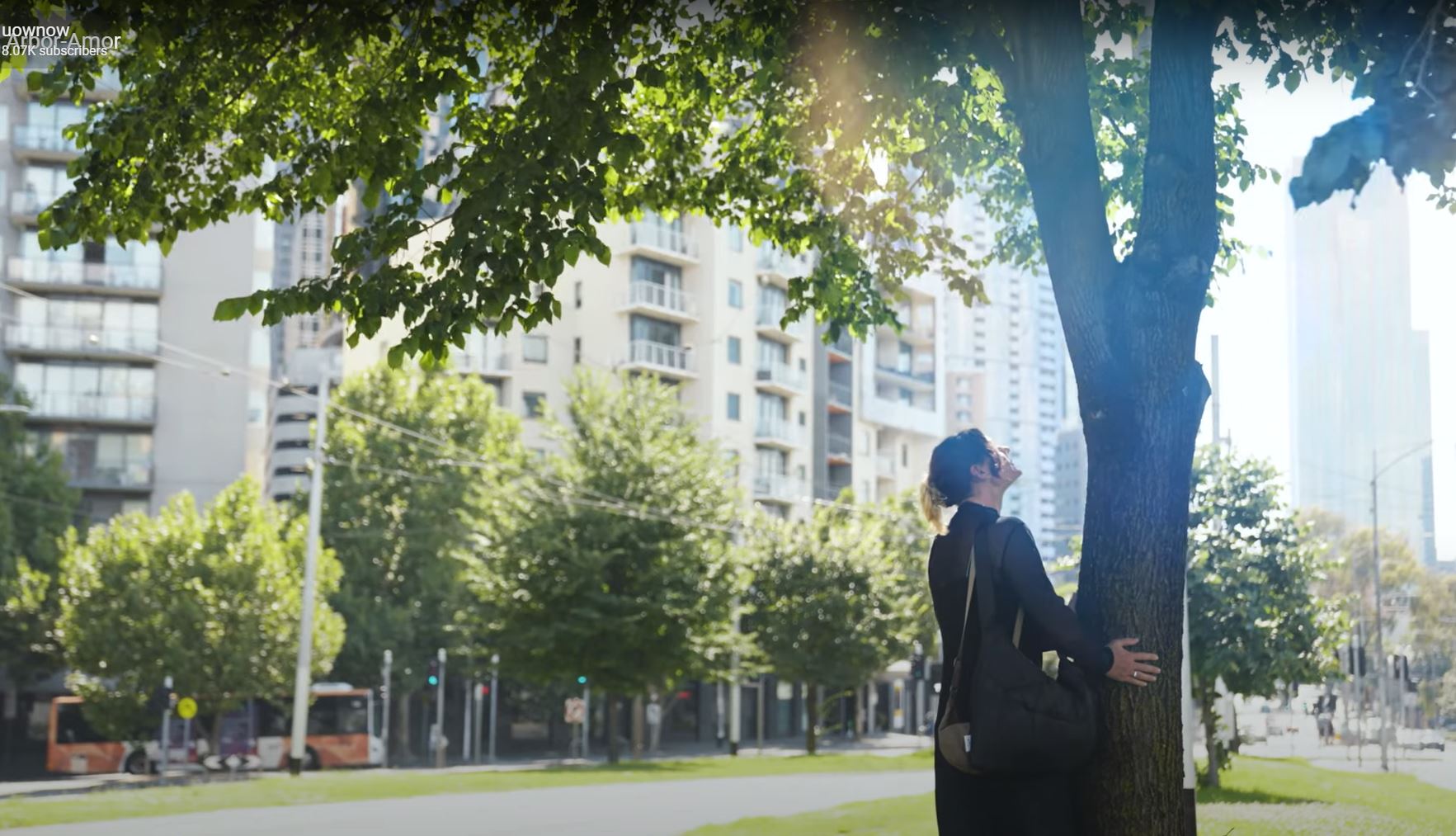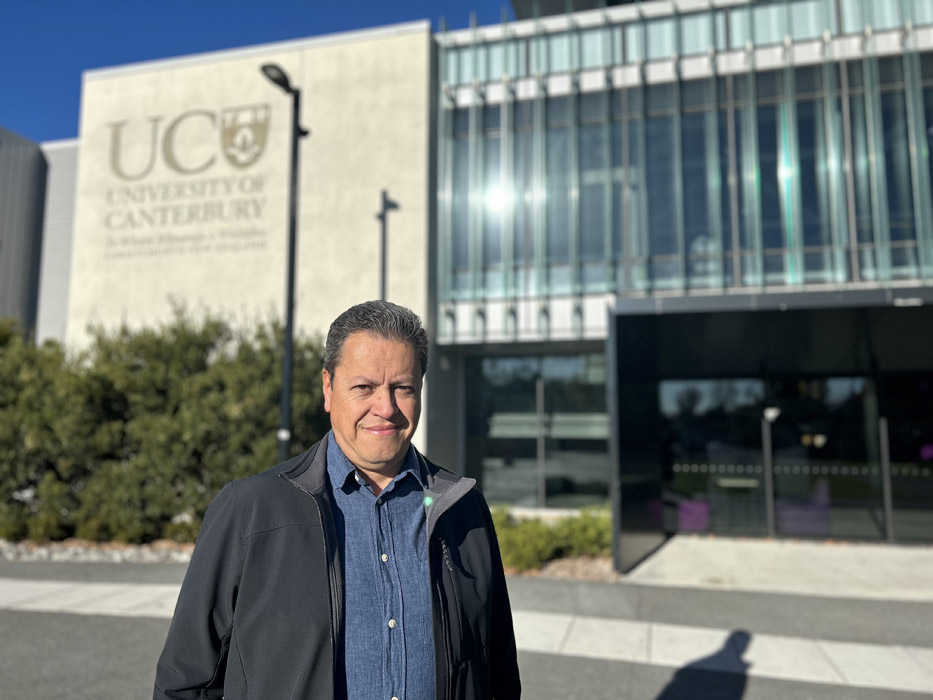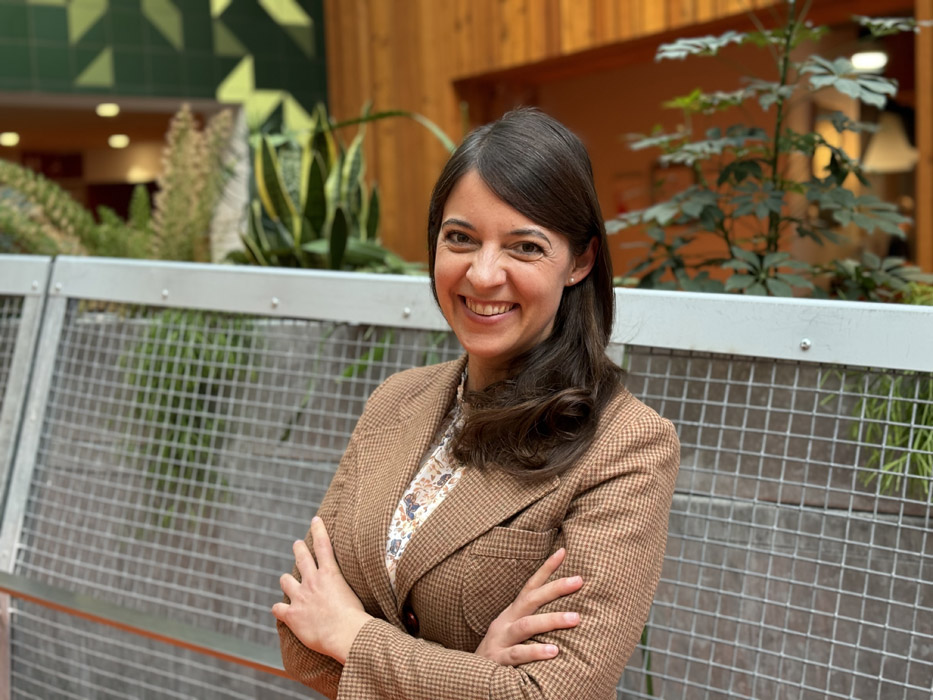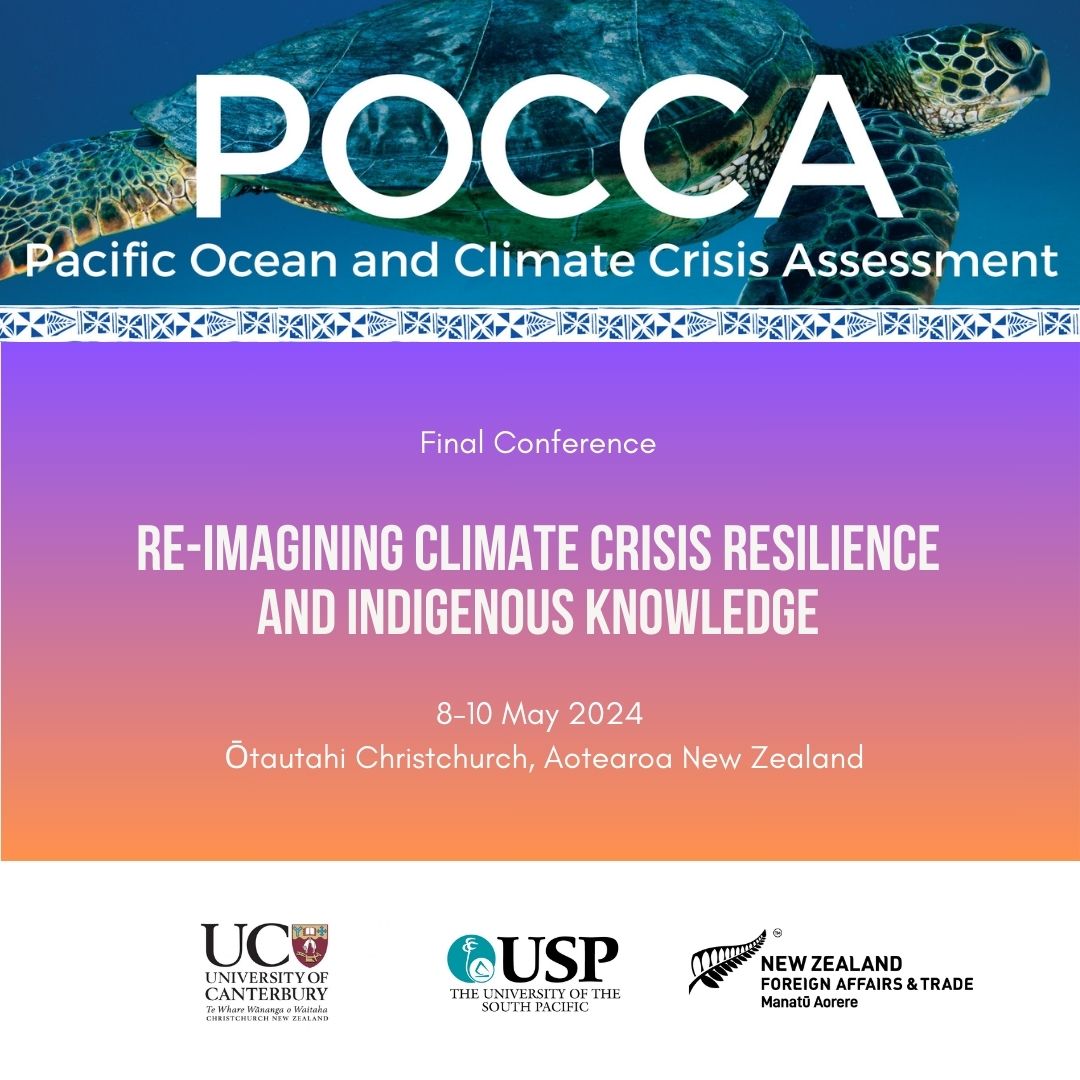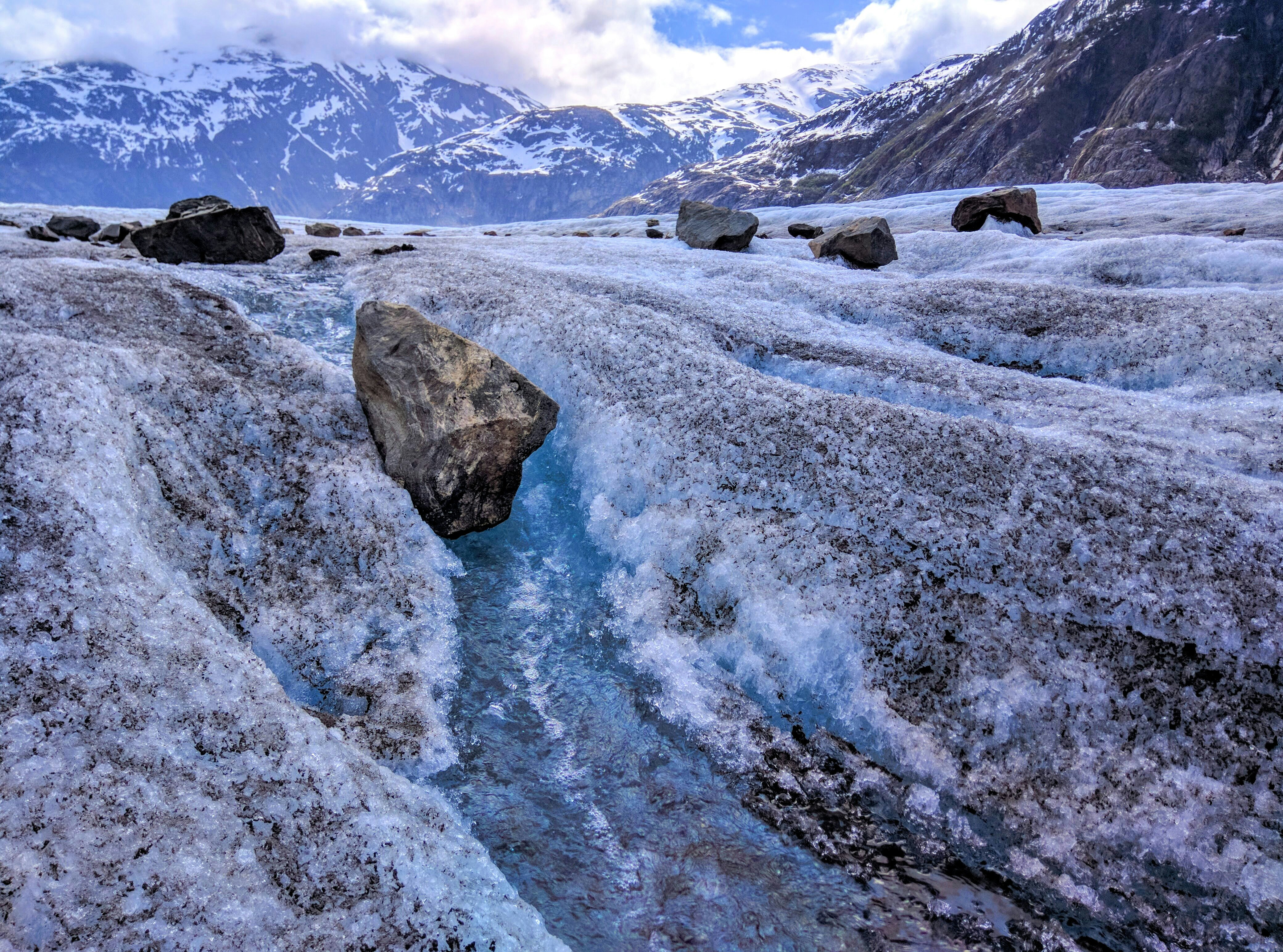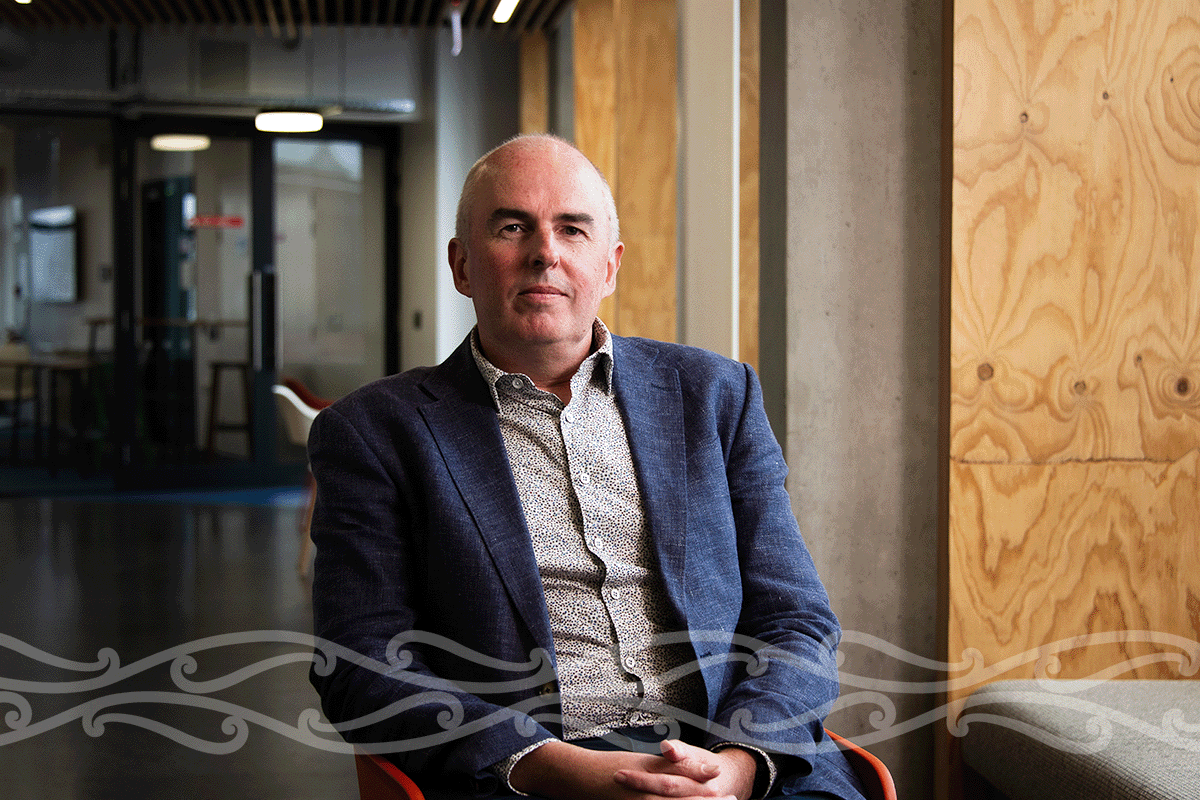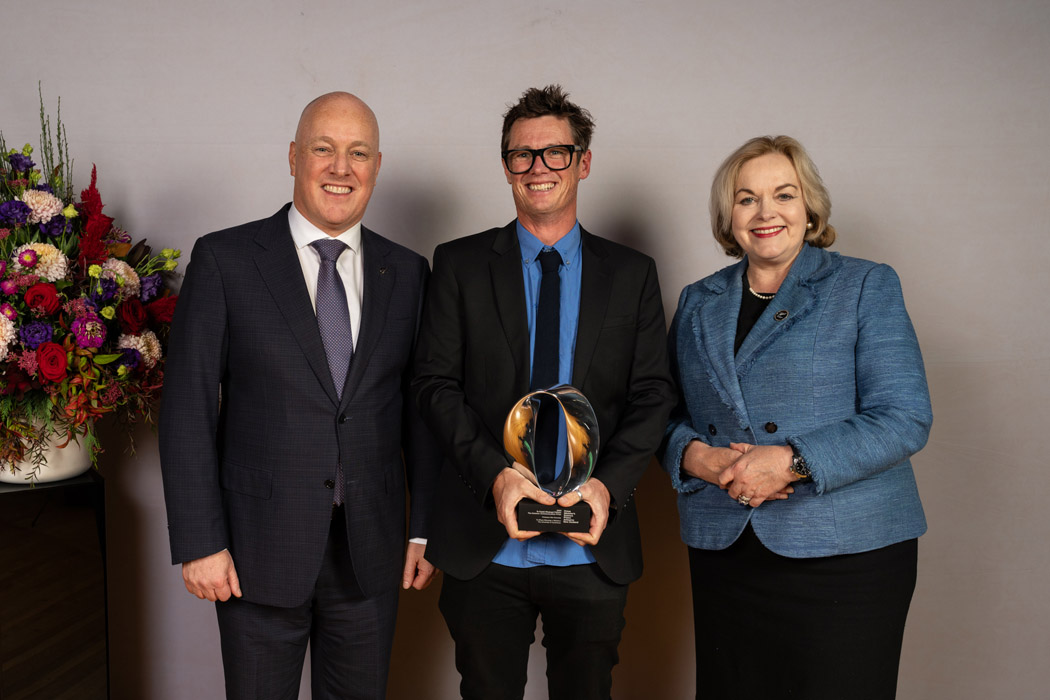You’ve packed in a lot since graduating with your LLM! You’ve now come full circle back to UC into the Faculty of Law position – how did this come about?
When the role popped up, I was encouraged to apply by a few different people. I’ve always wanted to do my PhD, I love the University, and the role was an opportunity to circle back and do some exciting work contributing to the Indigenizing the LLB project. I am also a māmā to Charlie, 3, and academia can be a supportive and flexible career for parents. It really was an example of right role, right time.
Can you tell us a bit about your PhD you are embarking on with the help of a scholarship from the Michael and Suzanna Borrin Foundation and Ngā Pae o te Māramantanga, New Zealand’s Māori Centre of Research Excellence?
My PhD will look into how iwi and hapū can adequately resource their expression of rangatiratanga through financial autonomy. I am interested in how you can develop thriving tribal authorities who are not reliant on any Crown money who can therefore forge their own path in accordance with their tikanga and kawa. My own iwi, Ngāti Tama, got into some particularly bad financial strife about 10 years ago, and ever since, I’ve been asking the question about what happens to a tribe if you lose your Te Tiriti settlement? How can you exercise your rangatiratanga without proper resourcing?
What impact could this research have?
I think my research will contribute to some of the ongoing discussion about the interaction between the kāwanatanga (Crown) sphere, and the rangatiratanga sphere, that was sparked by work like Matike Mai and He Puapua. Despite nearly 30 years of Te Tiriti settlements, not all iwi are thriving, so maybe we’ve approached settlements in the wrong way and should be looking at including other measures in reparations, like fiscal powers. Hopefully, my research contributes to this discussion.
What do you enjoy most about your teaching?
I love teaching. Both my parents are teachers, and they find it very funny that I’ve ended up in a teaching role after swearing black and blue I never would. I really enjoy the mentoring and support you get to give to students, particularly those who are engaged who have a good idea about the direction they are heading in. I like connecting people and helping them on their paths.
When looking back on your time doing your undergrad and masters, what experiences or memories stand out to you?
One of my favourite University activities was being part of winning University Challenge team in 2014. It was an amazing experience to be in a TV studio, recording a game show where time was of the essence. Interestingly, that experience, and the exposure of being on the spot while under a ticking clock, helped me when under pressure in a court room environment.
